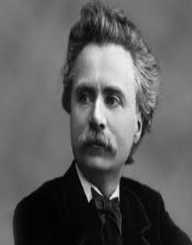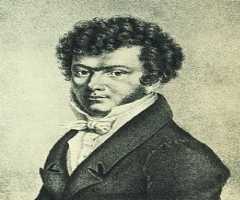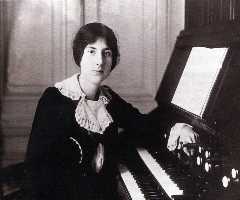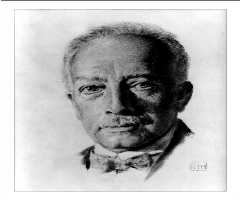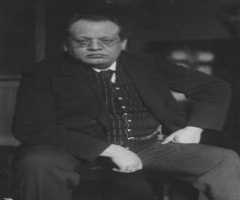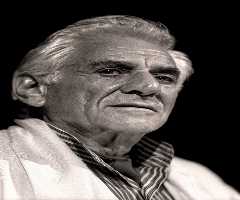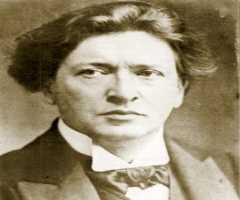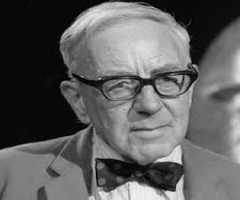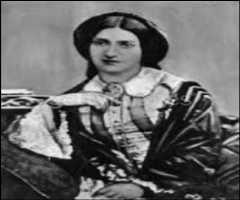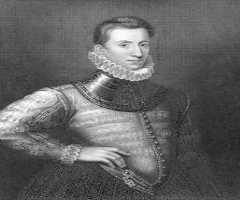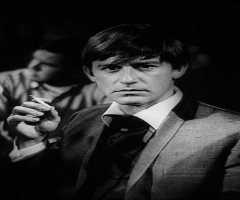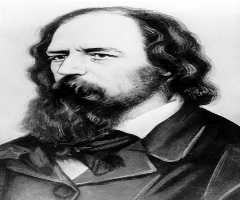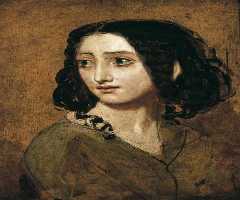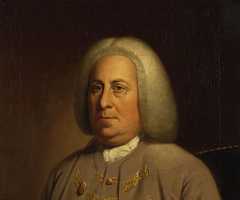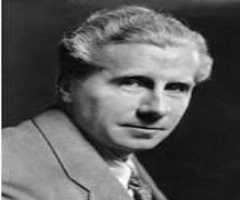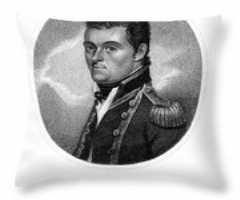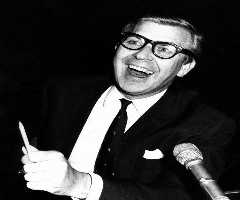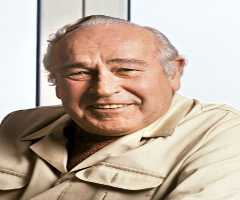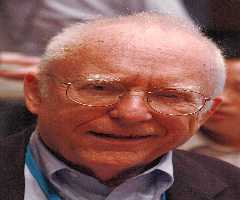Edward Elgar Biography, Life, Interesting Facts
Sir Edward Elgar was widely known as a remarkable English composer for his sterling accomplishments in classical works. He was the inventor of the disc spinner and composed the “Enigma Variations” together with “Pomp and Circumstance Marches” which are known all over the world.
Childhood and Early Life
Sir Edward Elgar was born on 2nd June 1857, in England at a place known as Boradheath, Worcestershire. His parents were William Henry Edgar, a keyboard tuner and a vendor of music and gadgets at a shop he owned. Ann Greening his mother was an art fanatic. Elgar was the fourth born among seven kids in their family.
Edgar received composition nurturing early in life after his father got hired as an organist in St. Gorge’s church. He got opportunities to use musical instruments in the church. When he was 12 years, he commenced on keyboard and violin training. This early training later led to his profession in composing.
Most of his education was self-constructed in spite of having attained common education at Littleton House institute, established near Worcester. Afterward, Sir Edward Elgar began assisting his father in his shop along with the piano training. In 1879, he became a band director of Worcester and County Asylum. His parents support and the chances he got at a younger age had a strong bearing on his future career.
Professional Life
Sir Edward Elgar’s compositions were highly stimulated by Europe as a continent and not his country England. He fought very hard to build his name as a musician until when he was at his forty’s when he acquired prominence. Truly, his efforts bore fruits since he produced vastly known works such as “King Olaf” and “The Black Knight” in 1896 and 1892 respectively.
Moreover, he came up with “Enigma Variation” whose fruits became enormously efficacious. As a result, he became the principal international composer following Henry Purcell. During the First World War, he completed several works including”The Fringe of Flee”. His compositions during this time included subsidiary songs meant for children.
Advancement in age affected his profession in the 1920s. His fans, on the other hand, carried on presenting the works that he had produced wherever they were. Some of his significant works rejuvenated during his final years. During this period, The National Brass Band Championship aided Elgar to start his third masterpiece and “The Spanish Lady”. Later, the demise of his spouse in 1920 also had adverse effect on his works.
Sir Edward Elgar’s works include "Froissart Overture", a sequence of matches for symphonies," "The Pump and circumstance marches" together with "The Seven Suite" produced following his incitement by the Brand Bass Championship.
Awards
Around sixty to sixty-five roads in the United Kingdom have been named in Sir Edward Elgar’s honor. The Royal Philharmonic Society awarded him a Gold Laurel in 1925 after being crowned “Master of the Kings Musick” early in 1924, a position that is highly esteemed in the supreme United Kingdom.
Several universities have also esteemed him with different degrees. Moreover, he was chosen by the Royal Victorian Order as a cavalier composer. Some works he wrote for the Brass Brand Championship were devoted to his acquaintance, George Bernard Shaw.
Personal life and Bequest
In 1889, Sir Edward Elgar settled down with Caroline Alice Robert whose father was Major General and whose age was eight years his senior. Caroline’s family cut off her inheritance considering this marriage a dishonor to the family. This never affected their marriage. She operated his business and became his social personal assistant.
In 1890, they were blessed with a daughter by the name Irene Carice. When the wife died, he relocated to Kempsey village where he also composed some other works. One of which led to his crowning. He is remembered as a highly skilled artist in orchestral compositions and a creative man who devised a gramophone.
Health and Death
It was discovered in 1933 October that Sir Edward Elgar was suffering from colorectal cancer which greatly affected his health. A few months after the diagnosis, he died on February 23rd 1934, when he was 76 years. His burial took place at St. Wulstan’s Church located in Little Malvern.
More Composers
-
![Claudio Monteverdi]()
Claudio Monteverdi
-
![Germaine Tailleferre]()
Germaine Tailleferre
-
![Richard Strauss]()
Richard Strauss
-
![Max Reger]()
Max Reger
-
![Leonard Bernstein]()
Leonard Bernstein
-
![Ferruccio Busoni]()
Ferruccio Busoni
